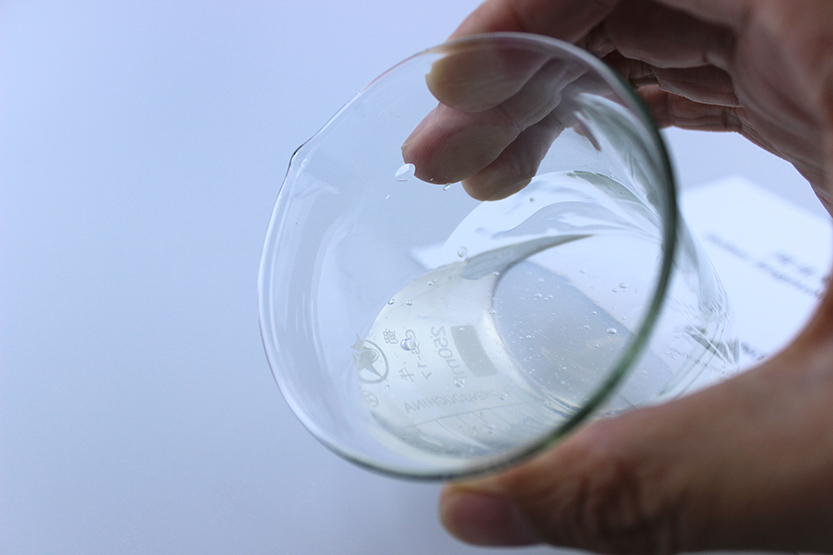
Nov . 23, 2024 22:31 Back to list
hydroxyethyl cellulose cas no
Understanding Hydroxyethyl Cellulose A Versatile Polymer
Hydroxyethyl cellulose (HEC) is a cellulose derivative that has garnered attention in various industries due to its unique properties and versatility. With the CAS number 9004-62-0, HEC is commonly used as a thickening agent, emulsifier, film-forming agent, and stabilizer. Its popularity spans across multiple fields, including cosmetics, pharmaceuticals, and food production.
What is Hydroxyethyl Cellulose?
Hydroxyethyl cellulose is derived from natural cellulose, which is abundant in plant materials. The process of creating HEC involves etherifying cellulose with ethylene oxide. This modification introduces hydroxyethyl groups into the cellulose structure, enhancing its solubility in water and its ability to form gels. One of HEC’s most notable characteristics is its non-ionic nature, which allows it to maintain stability across a wide range of pH levels and ionic concentrations.
Properties of Hydroxyethyl Cellulose
HEC exhibits several key properties that make it an attractive choice for different applications. It is primarily known for its thickening abilities, allowing it to increase the viscosity of water-based solutions effectively. This property is particularly beneficial in the formulation of products such as lotions, creams, and gels, where a desired texture and consistency are crucial.
Moreover, HEC possesses excellent film-forming characteristics, enabling it to create durable films on various surfaces. This feature is leveraged in cosmetic formulations and coatings, providing not only aesthetic appeal but also functional benefits such as moisture retention and protection against environmental factors.
hydroxyethyl cellulose cas no

Another significant advantage of HEC is its ability to act as a stabilizer in emulsions. This helps to prevent the separation of oil and water phases in formulations, which is essential in the creation of stable creams and lotions. Additionally, HEC is compatible with a wide range of other ingredients, making it a versatile component in many formulations.
Applications of Hydroxyethyl Cellulose
The versatility of hydroxyethyl cellulose makes it suitable for a myriad of applications. In the cosmetic industry, HEC is commonly used in skin care products, shampoos, and conditioners, providing improved texture, stability, and moisture retention. Its film-forming properties are particularly valued in nail care products and hair sprays.
In pharmaceuticals, HEC plays a crucial role in drug formulations, particularly in controlled-release applications. Its ability to form gels and thickened solutions aids in the development of topical products and oral suspensions, enhancing the bioavailability of active pharmaceutical ingredients.
Food science also benefits from hydroxyethyl cellulose, where it serves as a thickening and stabilizing agent in various food products. It is often used in low-fat and gluten-free applications, helping to mimic the texture and mouthfeel of traditional formulations.
Conclusion
Hydroxyethyl cellulose stands out as a multifunctional polymer that meets the demands of diverse industrial applications. With its thickening, stabilizing, and film-forming capabilities, HEC plays a significant role in enhancing product performance across cosmetics, pharmaceuticals, and food. As research continues to explore its potential, hydroxyethyl cellulose will likely see expanded applications and innovations in the future, further solidifying its importance in the chemical landscape. Whether you're a formulator or a consumer, understanding the properties and benefits of HEC can enhance your appreciation for this remarkable substance.
-
Versatile Hpmc Uses in Different Industries
NewsJun.19,2025
-
Redispersible Powder's Role in Enhancing Durability of Construction Products
NewsJun.19,2025
-
Hydroxyethyl Cellulose Applications Driving Green Industrial Processes
NewsJun.19,2025
-
Exploring Different Redispersible Polymer Powder
NewsJun.19,2025
-
Choosing the Right Mortar Bonding Agent
NewsJun.19,2025
-
Applications and Significance of China Hpmc in Modern Industries
NewsJun.19,2025







